Did you know, animals have rich and fulfilling emotional and social lives?
They love and appreciate their lives in the same way you and I do.
Animals have rich and fulfilling emotional and social lives! They love and appreciate their lives in the same way you and I do. They play in the sun, scuffle in the dirt, run from danger and sacrifice themselves to protect their young. The emotional bonds between them have been scientifically verified and we know we can form bonds with them ourselves. We could bond with farm animals just like cats and dogs if we wanted.
Is eating meat ethical?
We don’t need animal products to survive and be healthy, strong and fit, so is it moral to take what we don’t need when they suffer so greatly?
Is it right to deny them a full life for the sake of our tastes?
When an animal’s body is seen as a unit of production, all aspects of their life are rated as worthy or unworthy relative to their financial merit. Food animals are not protected by law in the same way that companion animals are, and this has led to a myriad of commonplace farming practices which are grossly inhumane and horrifically cruel.
New Zealand farming industry list of shame
These are just a few common practices you’ll find in New Zealand farms. There are hundreds more examples of institutionalised torture but lets start with the worst…
Cruelty to hens:
- Extreme confinement (chickens have more space in an oven than they do when alive).
- De-beaking and de clawing without anaesthetic
- Extreme laying cycles that leave bones crippled and broken from lack of calcium (in the wild chickens lay around 12 eggs a year; humans have bred and forced them to lay over 300).
- Confinement causes insanity which brings about cannibalism
- Birds lose feathers due to ammonia burns from urine
- Broiler hens (used for meat) are engineered to be clinically obese genetic freaks, their legs often crippled under their enormous weight as their bones are bred to be soft to prevent human choking
- They frequently suffer premature heart attacks due to their grotesque proportions
Cruelty to sheep & cows:
- Tails, horns and testicles are removed without any pain relief
- Cows are forcibly inseminated to create unnatural lifelong pregnancy and milk production which often causes udder problems, early death and calcium deficiency
- Emotional cruelty – dairy calves are removed from their mothers usually around 1 day old, and bobby calves sent to slaughter while they are still just a few weeks old at most, as they are of no use to the dairy industry
- Veal calves are intentionally weakened and malnourished to keep their bones soft
- Merino sheep have their buttocks sliced off (mulesing) without pain relief, to reduce fly strike
Cruelty to pigs:
- Extreme confinement for almost all of their life causes pigs to go insane and cannibalise
- Pigs often reside in absolute filth, with dead siblings nearby as permitted by New Zealand law
- They frequently suffer abscesses and tumours

Horse Racing
Behind the romanticized façade of Thoroughbred horse racing is a world of injuries, drug abuse, gruesome breakdowns, and slaughter. While spectators show off their fancy outfits and sip mint juleps, horses are running for their lives.

Down industry
While most down and other feathers are removed from ducks and geese during slaughter, birds in breeding flocks and those raised for meat may be plucked repeatedly while they are still alive.

Shuttlecocks
Badminton shuttlecocks are made from plucked feathers of live ducks and geese, causing much pain to animals

Angora Rabbits
A PETA Asia undercover investigator visited almost a dozen rabbit farms in China, the source of 90 percent of the world’s angora, and found rabbits screaming in pain and terror as workers ripped the fur out of their skin.

Eggs
The more than 300 million chickens used each year for their eggs endure a nightmare that lasts for two years.

Leather
Most leather comes from developing countries such as India and China, where animal welfare laws are either non-existent or not enforced.

Animal Testing
Each year, hundreds of thousands of animals in New Zealand, and an estimated 115.3 million worldwide, are used in the name of science.

Rodeo
Rodeos cause unnecessary distress and can result in significant injuries to the animals involved.

Dairy
For too long, mother cows and their babies have suffered at the hands of an industry which views them as little more than production units or waste products.

Honey
Unfortunately, like factory farmers, many beekeepers take inhumane steps to ensure personal safety and reach production quotas. It’s not unusual for larger honey producers to cut off the queen bee’s wings so that she can’t leave the colony.
How can you help end animal suffering?
Consider a vegan diet!
The human-animal relationship is inherently flawed. We love them, we make beautiful artistic images of them and then we exploit and abuse their bodies in a massive system of production that sees tens of millions of animals slaughtered in New Zealand each year simply to satisfy taste. We unnecessarily exploit animals for food, clothing, entertainment and experimentation.
If you really want to help animals, the answer is simple – be vegan!
Vegans don’t eat them, wear them or fund their abuse

